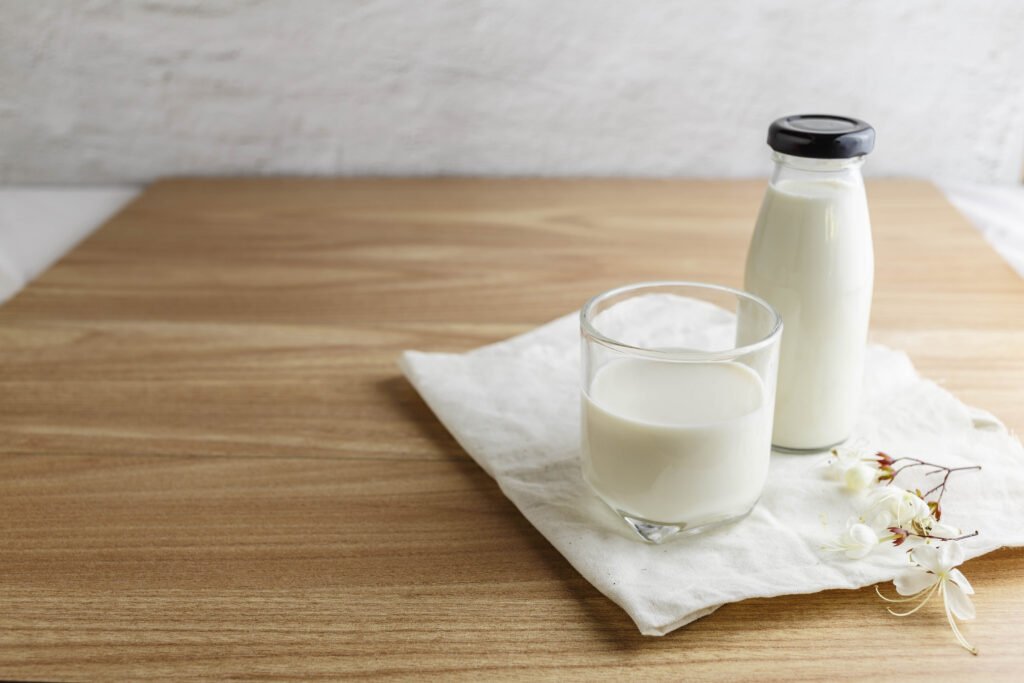Is milk good? Nutritional Drink or White Poison?
Is milk good? Milk has long been considered a valuable source of nutrition, providing calcium, protein, and many other essential nutrients. However, drinking too much milk can have negative health effects that few people are aware of.
Is milk really as good as you think? What happens to your body if you drink too much milk?
1. Risk of Iron Deficiency
Milk is a rich source of calcium, but calcium inhibits the absorption of iron from both animal and plant sources. Therefore, if you drink too much milk, especially with iron-rich meals, your body will have difficulty absorbing the necessary amount of iron.
In young children, drinking too much cow’s milk can irritate and inflame the intestinal lining, leading to chronic blood loss and iron deficiency. It is advisable to supplement the diet with iron-rich foods such as red meat, poultry, fish, legumes, dark leafy greens, whole grains, and dried fruits.
2. Digestive Disorders
Fresh milk contains lactose, a natural sugar. Some people are lactose intolerant, and drinking too much milk can cause digestive symptoms such as bloating, diarrhea, and nausea.
Whole milk contains a significant amount of fat. Drinking too much whole milk can cause indigestion, especially in people with sensitive digestive systems.

3. Increased Risk of Obesity
For those looking to lose weight, is milk good? Fresh milk, especially whole milk, contains a significant amount of calories from fat and lactose. If you drink too much without adjusting your diet, the excess calories will accumulate as fat in your body.
Fresh milk also lacks fiber, an important nutrient that helps create a feeling of fullness and control weight. Drinking too much milk can make you feel hungry sooner and eat more, leading to weight gain.

4. Drinking too much milk causes hormonal imbalance
Fresh milk, especially cow’s milk, contains small amounts of natural growth hormones (IGF-1). Although the amount is not significant, some studies show that consuming large amounts of cow’s milk over a long period can increase IGF-1 levels in the blood, which may affect hormonal balance, particularly in women.

So, how much milk should you drink per day?
For adults (19-50 years old):
Drink about 2-3 glasses of fresh milk per day (equivalent to 400-600ml) to meet the body’s calcium, vitamin D, and protein needs.
Do not exceed 3 glasses of fresh milk per day (about 720ml) to avoid unwanted side effects.
For children and adolescents:
Children 1-3 years old: Drink about 2 glasses of fresh milk per day (about 400ml).
Children 4-8 years old: Drink about 2.5 glasses of fresh milk per day (about 500ml).
Adolescents 9-18 years old: Drink about 3 glasses of fresh milk per day (about 720ml).
For the elderly (over 50 years old):
Drink about 2-3 glasses of fresh milk per day (equivalent to 400-600ml) to maintain bone health.
Consult a doctor to determine the appropriate amount of fresh milk for your individual health condition.

